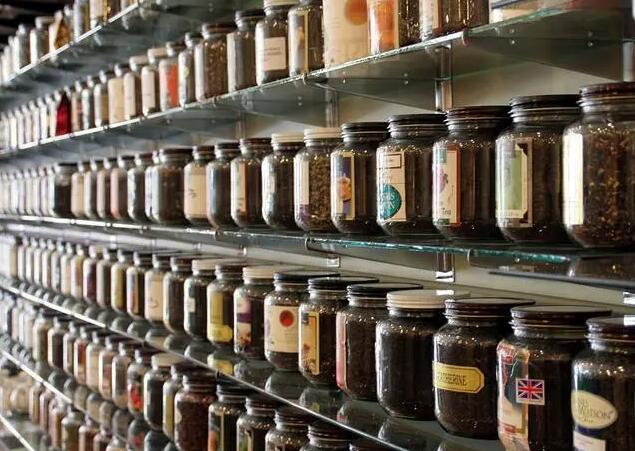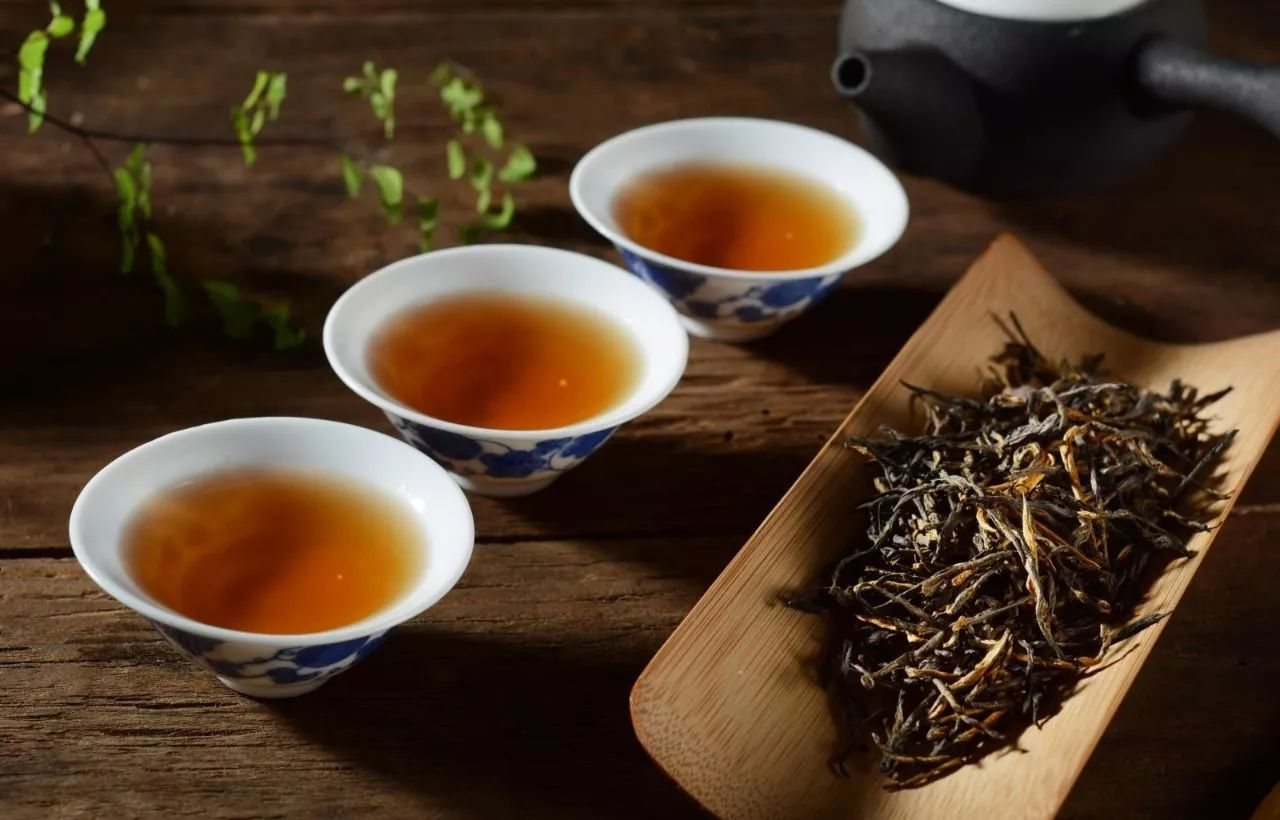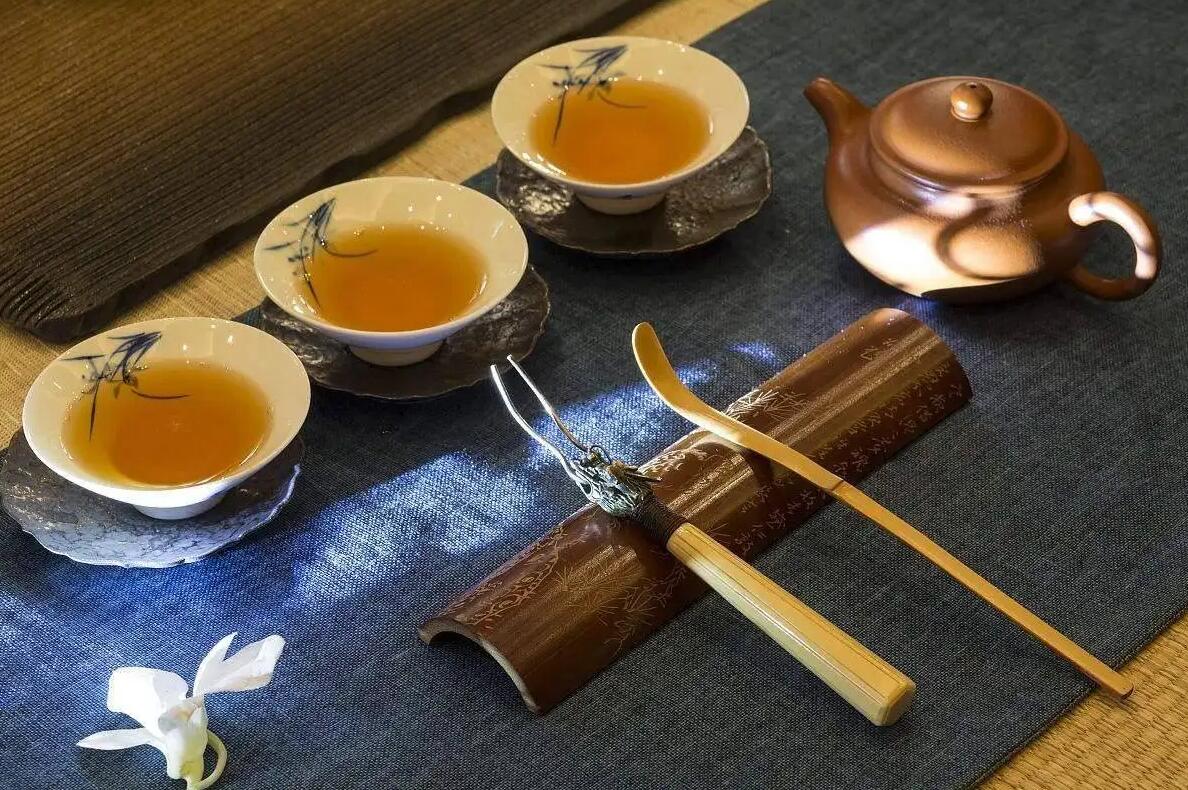Essential dorctrine
Measuring is the process of taking a suitable measure of tea and acting in proportion, which pretty much determines the ultimate taste of the tea, whether bitter,sweet,light or strong. A good brew has a lot to do with the right amount of tea leaves. With Pu'er tea, for example, 5-7 grams of tea leaves and 150 milliliters of water for a small teapot intended for two people would be just fine, the proportion of tea to water being between 1:50 and 1:30. Based on the nature of the tea leaves, the amount of the tea leaves can also vary. For example, ripe tea leaves and tea leaves of preceding years can go in suitably greater amount, while raw and new tea leaves should go in lesser amount. In deciding the exact amount of tea leaves to use, one should always refer to built-up experience and not stick to rigid rules. Measuring has to follow certain rules and that's an important step for brewing a good pot of tea. Likewise, knowing when and what to give and take in life is also extremely important. Part of the glamor of Chadao is its appeal to people to comprehend the meaning of life through seemingly casual tea drinking. Taking involves an attitude. Giving is a subject of learning, while willingness to give is a virtue. Give and take seemingly contradict each other, but are actually two sides of the same coin- Therefore, those who practice Chadao should abstain from greed and overcome their unwillingness to give. In life we often find ourselves in situations where we have to make various choices. We will hava peace and calm as we make these choices once we are equipped with the right measure.Confucius said in The Analects of Confucius: Ji Shi, "There are three things the noble man needs to guard against. When he is young and his physical energies are not yet settled, he needs to guard against lust. When he is mature and his physical energy is solid, he needs to guard against being drawn into a fight. When he is old, and his physical power is weakened, he needs to guard against clinging to his attainments." This is Confucian wisdom on give and take. In sum, in youth one should forsake what he or she cannot take; in adulthood, one should forsake what he or she should not have; and in old age, he or she should forsake what he or she does not need to keep.
In the earlier years of our life, we do nothing but take. We take food for physical growth and knowledge for intellectual growth. Once we grow up, we need to decide what to take and what to give. For instance, we may either opt out leisure for wealth and fame, or opt out time and youth for power. In old age, we should know better how much more we need to forsake. It is like scaling a perilous mountain or navigating troubled waters, when we have to jettison whatever is unnecessary by order of priority. When things get worse, we may have to get rid of everything except our own lives. Buddha defines "willingness to give" as "forsaking bewilderment for enlightenment, forsaking the small for the big, forsaking the illusory for the truthful, and forsaking the insubstantial for the substantial." Once we rid ourselves of the bigotry, the cares of the world, frustration, sadness and concision, we will become free and happy, and reach new dimensions of life. In terms of Chadao, on the long journey of life, if we were to compare tea to a ship bound for the Tao on the other shore, tea would be the way of convenience leading to the truth of life. Therefore, we need to learn to give up tea for Tao, and not the other way around.



